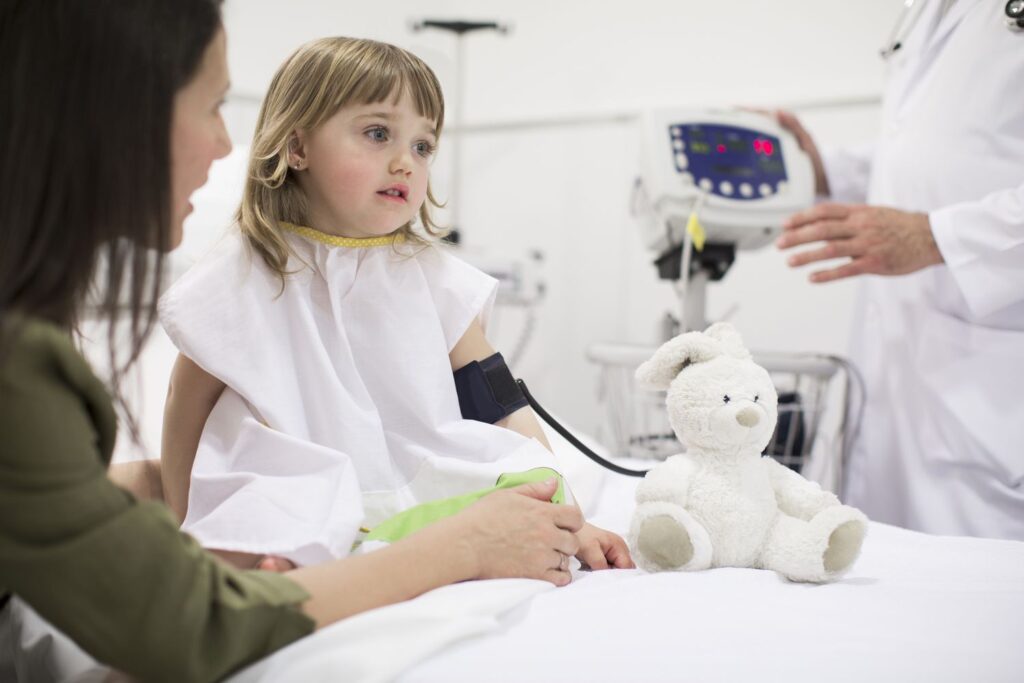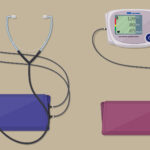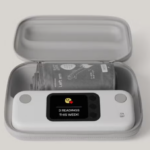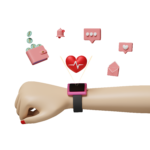According to Health News, a recent study suggests that screening blood pressure in babies may help predict their cardiovascular health in the future. The study, published in the journal JAMA Pediatrics, found that infants with higher blood pressure readings were more likely to have elevated blood pressure in childhood and adulthood.
The researchers analyzed data from over 1,000 children and followed them from infancy to adulthood. They found that infants with higher blood pressure readings at 3 months old were more likely to have elevated blood pressure at ages 3, 6, and 18 years. These individuals also had a higher risk of developing hypertension in adulthood.
Why do we need babies screening for blood pressure? The findings of this study clearly state the importance of early blood pressure screening in infants as a potential tool for identifying those at risk of developing cardiovascular diseases later in life. By identifying high blood pressure early on, healthcare providers can intervene with lifestyle modifications and appropriate treatments to prevent or manage hypertension.
This study provides valuable insights into the potential benefits of early blood pressure monitoring in identifying individuals at risk of cardiovascular diseases later in life.
Lack of data
The Centers for Disease Control and Prevention (CDC) provides comprehensive information on hypertension in children and adolescents. The CDC’s data primarily focuses on youth aged 12 to 19. This data shows that about 1 in 25 youth in this age range have hypertension. Further, it shows that 1 in 10 has elevated blood pressure. This data underscores the importance of monitoring blood pressure from a young age. For more detailed information, you can visit the CDC’s page on High Blood Pressure in Kids and Teens.






